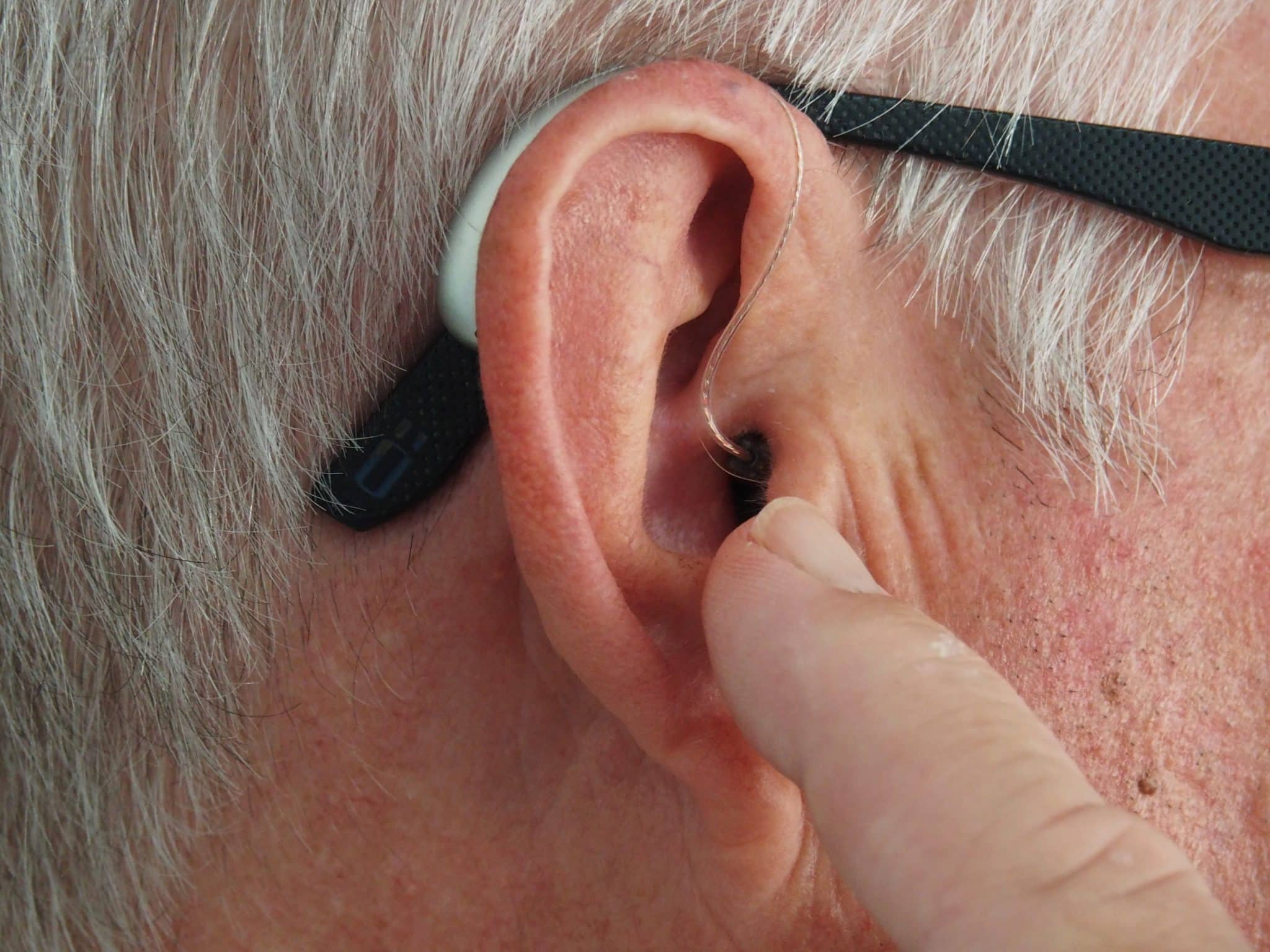Tinnitus is a hearing condition that often manifests as a constant ringing in the ears.
This malady can be either acute (temporary) or chronic (ongoing). Chronic tinnitus can be debilitating, as there is no cure. Tinnitus can also present as buzzing, hissing, whistling, swooshing, or clicking.
The CDC estimates that nearly 15% of Americans experience some form of tinnitus. You may have experienced it yourself, particularly after prolonged loud noise exposure like a concert. There are
treatment options for tinnitus that can
ease the mental and physical burden of this condition, but as of now there’s no way to permanently rid a person of tinnitus.
What’s the link between tinnitus and hearing loss?
Tinnitus and hearing loss often occur together—according to the Hearing Loss Association of America,
approximately 90% of people with tinnitus also have hearing loss. This is because tinnitus is a sensorineural reaction in the brain to damage in the ear and auditory system. Similarly, hearing loss is caused by damage to the ear. So, the damage that causes hearing loss can also cause tinnitus at the same time.
As you may know, there are
several different types of hearing loss. Tinnitus can be associated with multiple kinds of hearing loss—
age-related hearing loss and
noise-induced hearing loss are often accompanied by tinnitus. The American Tinnitus Association notes that hearing loss can occur before it’s directly perceived by the patient. Tinnitus may be the brain attempting to fill in the missing sounds that it is no longer receiving from the ear and auditory system.
Tinnitus and hearing loss can also both be caused by ear blockage. Obstructions in the ear canal—such as excessive ear wax, congestion, loose ear hair, dirt, or foreign objects—can cause pressure to build in the inner ear, which affects the ear drum, and can cause tinnitus symptoms. Usually, removing the source of the block will fix both the hearing loss and tinnitus.
How to prevent tinnitus
Tinnitus is not an enviable condition—it can create a great mental and physical burden on the people who have it. Chronic tinnitus is especially problematic, as it can lead to anxiety, depression, and insomnia. Some people are able to
easily ignore their tinnitus, but others suffer. It’s important to take steps to prevent yourself from developing tinnitus in the first place.
The key step to take is avoiding loud noises. Concerts, yard work, and even your job can be exposing you to unsafe noise levels. Too much loud noise can cause temporary or permanent tinnitus, along with hearing loss. Always wear
proper hearing protection and avoid situations with excessively loud noise when you can.
By: Elena McPhillips




